How to Refer to a Family in Plural
Plural Nouns in English
There are many nouns in English. Nouns can either be singular or plural. It is normally like shooting fish in a barrel to create plural nouns in English, simply there are some exceptions. In this lesson, you volition acquire regular plural nouns rules and irregular plural nouns rules. At the terminate, you can practise with Plural Nouns Worksheets.
Click Here for Step-by-Step Rules, Stories and Exercises to Practice All English Tenses

Singular and plural nouns
An English noun is a give-and-take that names a person, place, or thing.
Examples: Tim, Lisa, Mexico, New York City, house, dog, cat, chair, male child, girl, schoolhouse
A singular noun (apple, pencil, girl) refers to 1 person or thing.

A plural noun (apples, pencils, girls) refers to more i person or thing.
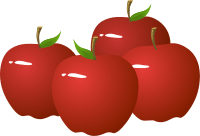
It is normally easy to create plural nouns in English by adding -s to the atypical form, but at that place are some exceptions to keep in mind. In this lesson, you will acquire the regular and irregular plural nouns rules.

Plural nouns rules
1. Add -due south
Y'all tin can make the plural class of most nouns by adding -s to the singular form.
Examples:
- dog => domestic dogsouth
- cup => loving cups
- girl => girls
- boob tube => boob tubes
- desk-bound => desk-boundsouthward
- schoolhouse => schoolsouthward
- volume => booksouth
- number => numbers
- computer => calculators
- chip => flecks
- boy => boys
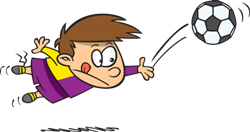
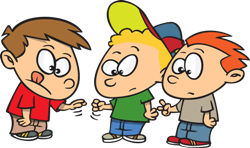
two. Nouns ending in -ch, -s, -sh, -ten, or -z If the noun ends in -ch, -south, -sh, -x, or -z, add -es to course plural
nouns.
Examples:
- beach => beaches
- church => churches
- class => formes
- gas => gases
- waltz => waltzes
- wish => wishes
- bo10 => boxes
- fox => foxes
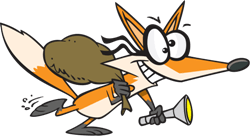

three. Nouns ending in -f or -fe If the
Examples:
- knife => knives
- wolf => wolves
- hoof => hooves
- wife => wives
- self => selves
- elf => elves
- life => lives
- loaf => loaves
- half => halves
- leaf => leaves
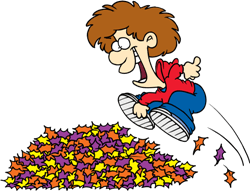
4. Nouns catastrophe in -o
If the noun ends in -o, add together -es to form plural nouns.
Examples:
- buffalo => buffaloes
- murphy => potatoes
- repeat => echoes
- tomato => tomatoes
- hero => heroes
- volcano => volcanoes
5. Nouns ending in y
If a noun ends in a vowel so -y, add -s.
Examples:
- boy => boysouthward
- toy => toys
- valley => valleysouthward
- day => 24-hour intervals
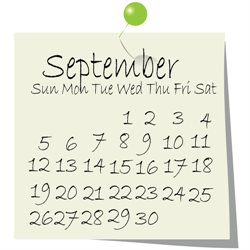
If a noun ends in a consonant then -y, remove -y and add together -ies. Examples:
- baby => babies
- bunny => bunnies
- pony => ponies
- jelly => jellies
- sky => skies
- lady => ladies
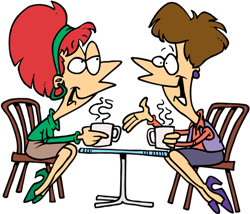
Irregular plural nouns
Some nouns in English take an irregular plural form. That means that the plural form does not follow the rules above. It is important to memorize the almost common ones.
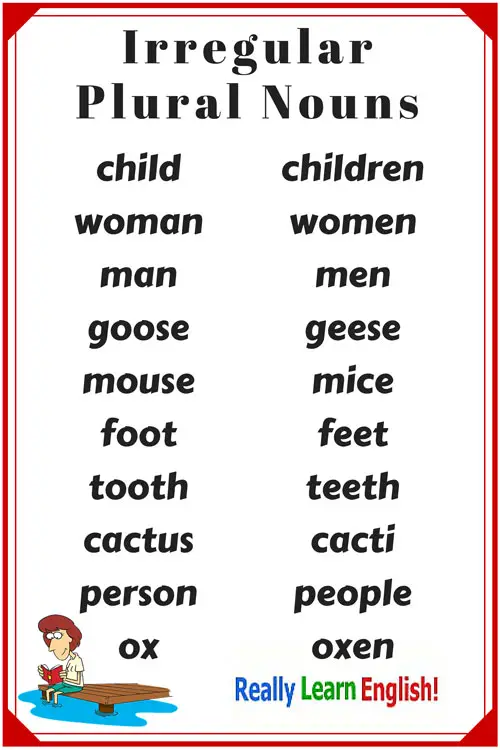
Identical singular and plural forms
Some nouns in English have the same singular and plural forms. This means that y'all don't add an -southward to these words. It is important to memorize these.
Examples:
- fish => fish (fishes is right, but much less common)
- deer => deer (not deers)
- moose => moose (not mooses)
- series => serial (non serieses)
- species => species (not specieses)
- aircraft => aircraft (non aircrafts)
- salmon => salmon (non salmons)
- shrimp => shrimp (shrimps is besides correct)
- sheep => sheep (non sheeps)
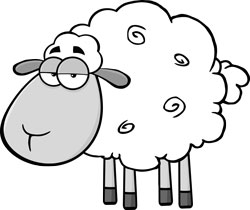
Plural-only nouns
Some nouns in English do not have a atypical form. They are just plural. This ways that nosotros cannot use them as singular nouns.
Many of these plural-but nouns are used with the word pair.
Examples:
- apparel
- pajamas
- leftovers
- pants => a pair of pants
- trousers => a pair of trousers
- scissors => a pair of pair of scissors
- glasses => a pair of spectacles
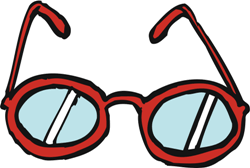
Countable and uncountable nouns
Most nouns in English are countable nouns. This means we can say how many there are of the noun.
Examples:
- girl => five girls
- boy => one boy
- fish => 10 fish
- domestic dog => three dogs
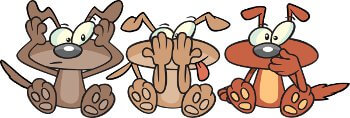
Some nouns are uncountable nouns. This ways that we cannot say how many there are of the substantive. These nouns are always singular and are used with a singular verb.
Examples:
- sugar => Carbohydrate is sweet.
- milk => The milk is in the cup.
- coffee => The coffee is fresh.
- money => Money makes me happy.
- food => The food is spicy.
- piece of work => The piece of work is too hard.
- hope => Hope keeps dreams live.
- water => The h2o is common cold.
- electricity => The electricity is off.
- love => Dearest is of import.
- news => The news was surprising.

Compound nouns
To create the plural form of a compound noun, the plural catastrophe is usually added to the main noun.
Examples:
- sister-in-police force => sisters-in-law
- total moon => full moons
- stepsister => stepsisters
- sportsman => sportsmen
- lady-in-waiting => ladies-in-waiting
- toothbrush => toothbrushes
- md of philosophy => doctors of philosophy
Y'all tin learn more than about English compound nouns hither: Compound Nouns (soon to come!)
Commonage nouns
Collective nouns are nouns that describe a grouping, for case: class, family, herd, couple.
There are about 200 collective nouns in English language. Some are used as singular nouns, and some are used as plural nouns. Unfortunately, there are no good rules for knowing if a collective substantive should be used every bit a singular noun or a plural noun.
Many commonage nouns can be atypical OR plural depending on how they are used in a judgement.
Here is one way to determine if a collective noun is singular or plural:
Singular commonage nouns
When members of the group of a collective noun do things as a group or team, the collective noun is singular. Utilise a singular verb.
Examples:
- class => The class is watching a picture show. (It is watching a moving picture.)
- herd => The herd moves fast. (It moves fast.)
- United States => The United States celebrates Christmas in Dec. (Information technology celebrates Christmas in December.)
- family unit => The family takes a picture. (It takes a picture.)
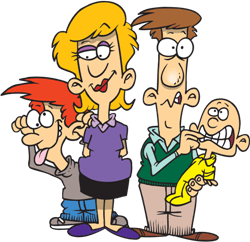
Plural collective nouns
When members of the group of a collective noun do things as individuals, the collective noun is plural. Use a plural verb.
Examples:
- police => The law protect the people. (They protect the people.)
- people => The people sentry the parade. (They sentinel the parade.)
- family => My family are always fighting among themselves. (They are always fighting amongst themselves.)
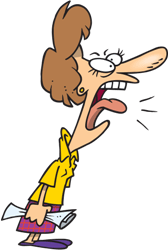

In American English language, well-nigh collective nouns are used as singular nouns.
Of course there are exceptions to this dominion. Collective nouns are different in different forms of English.
You tin learn more virtually English language commonage nouns here: Collective Nouns
Source: https://www.really-learn-english.com/plural-nouns-in-english.html
0 Response to "How to Refer to a Family in Plural"
Postar um comentário